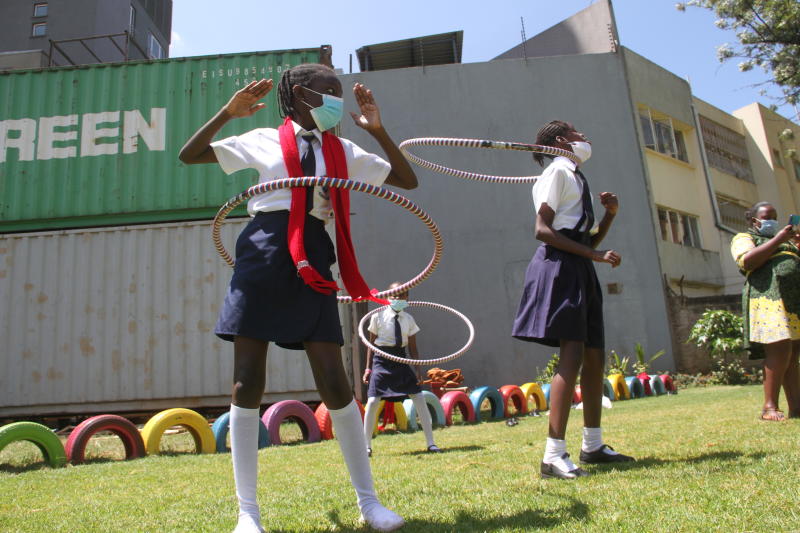×
The Standard e-Paper
Stay Informed, Even Offline

The government is staring at a huge funding headache ahead of schools opening as head teachers also push for additional money to plug huge deficits occasioned by Covid-19.
It is now emerging that with nearly 10 million children going to school in January, new hand-washing points must be acquired to accommodate all learners.